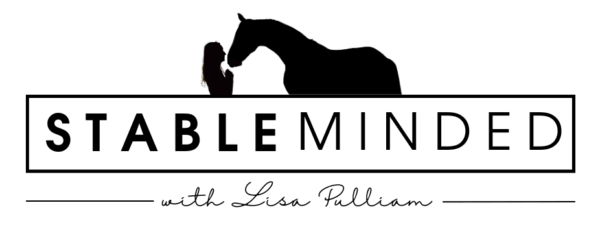Is it time to re-write your story? Before you roll your eyes and think, “That is impossible. It is what it is?” I have a challenge for you.
Consider this question:
What is the story you are telling yourself about your life? And should that story stick?
Okay so that was two questions. And there is one more worth considering:
Are you wishing you were leading someone else’s life?
We can not help but want the good we see in others’ lives. And yet, how often do we overlook their bad? As we see our lives through the lens of their story, we become more and more discontent and frustrated with our story. That perpetuates the comparison cycle which breeds the try-harder-hustle, as we strive toward the future hoping one day it will all get better.
Isn’t that philosophy exactly what this quote that landed in my inbox tells us do?
“Your path is your path. Don’t compare it to others. Everyone’s timeline, obstacles, and triumphs are different. Just keep looking forward.” – Author Unknown
The answer to leading the life we want is not found in looking forward.
– Lisa Pulliam
Yes, vision is necessary, but it is useless if we don’t take stock of what is keeping us from growing forward personally and professionally. That answer is often found by looking at our past . . . our history.
Our story — our narrative — is forged through your personal experiences from birth until this very moment. It is written, often without our permission. Every relationship has defined our view of self, others, and this world. Every situation, whether it has been good, bad, or ugly, has created a framework through which we view our place and purpose in this world.
It is impossible to live outside the context of our narrative. And yet, that narrative shapes each and every decision we make without ever asking permission to do so. Not quite fair, right?
These prototypic stories become the lens through which we experience life. For example, do you ever find yourself saying, “Of course, this is happening to me! This always happens to me!” That is simply one story you tell yourself and it results in exactly where you find yourself today — defeated, discouraged, and maybe even seeing yourself as the victim of circumstance. But it does not have to stay that way.
We can change the stories we tell ourselves.
In coaching, we explore changing the narrative by identifying core beliefs and values, which I often call our silent partners. Yes, our beliefs and values often dictate our decisions, even if we never choose them. Yet here is the great news — when we become aware of our beliefs and values, we can redefine the lens through which we view this world and how we operate within it. However, if we only focus on our beliefs and values, we are missing another key element: Our emotions.
We feel what we feel because we think what we think.
We think what we think because we feel what we feel.
And we do what we do because of what we feel and think.
How often do we discount our feelings, or try to put them in a box, so that we can “get on with it.” And yet, we repeat the same cycle again and again.
Friend, the way forward is not accomplished by trying harder to do what you’ve already done. That is the definition of insanity. The way forward is by looking at what you can do differently by seeking to notice what you feel, exploring what you think, and deciding what needs to change internally so that you can experience transformation externally.
Yes, that is the way to become emotionally resilient and relationally strong so that you can live the life you were made for.
To get started on your growth journey, book a session and we’ll determine your next best step so that you can live the life you were made for.



